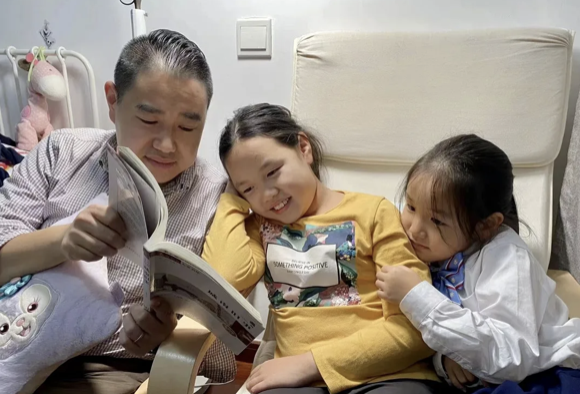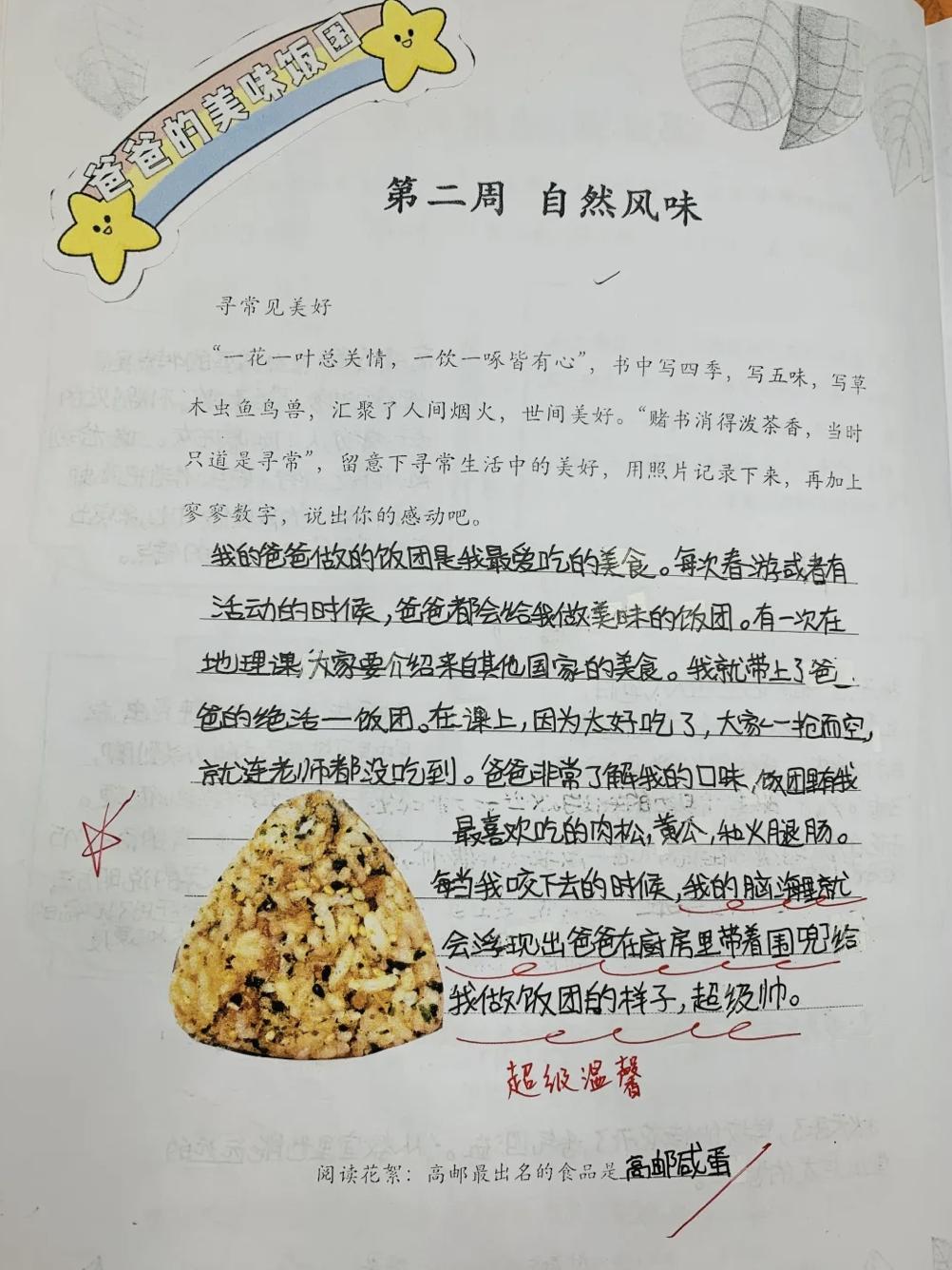-
ABOUT US
-
ACADEMICS
Curriculum Program
Departments
- English
- High School Chinese
- Primary and Junior School Chinese.
- High School Mathematics
- Middle School Mathematics
- Primary School Mathematics
- Music and Fine Arts
- Physical Education
- Physics
- Chemistry
- History and Geography
- Physical Science and Optional courses Department
- Middle School Biology
- High School Biology
- Social Sciences
- Computer Science
- Courses in Primary School
Achievements and Matriculations
College Counseling
Science & Technology Innovation Contest
Subject Competition
-
ARTS
-
ATHLETICS
-
AT SHSID
SHSID ∣ TIMES
PTSA
Club Exhibition
- 龙吟社
- Live 2 Drama
- Choir
- Hip-pop Dance Club
- The Primary School Dance Troupe
- Symposiums Club
- Biology Workshop
- You Shan
- VEX Robotic
- Peking Opera Club
- Baseball Club
- Model United Nations
- The World Scholar’s Cup
- Future Problem Solving Club
- United States Academic Pentathlon
- OM Club
- AMC Club
- Music for Patients
- SHSID Gazette
- Smile Charity
- Cultural Moments
- SciAcademy
- Stem Doge Alliance
- Chinese Debate Club
- IAA
- Mock Trial Club
- Zhengming Club
- Art-to-zine
- Bananaheads
- Electronics
- Furry Friends
- GT-Racing
- MCG Philharmonics
- Village Radio
- IMMC Club
- Creative Design and Intelligent Fabrication
- Future City Research Project
- ECOCAP
- AdvocaSEA
- SPDC
- Medishine
- Floorball Club
- Animusic MTC
- Wings Up
Health and Wellness
Campus Safety
Cafeteria Service
-
ADMINISTRATION
-
ADMISSIONS
-
ALUMNI
Alumni Information
Honors Students
- Class of 2025
- Class of 2024
- Class of 2023
- Class of 2022
- Class of 2021
- Class of 2020
- Class of 2019
- Class of 2018
- Class of 2017
- Class of 2016
- Class of 2015
- Class of 2014
- Class of 2013
- Class of 2012
- Class of 2011
- Class of 2010
- Class of 2009
- Class of 2008
- Class of 2007
- Class of 2006
Who Studied at SHSID
SHS Foundation
-
DOCUMENTS
Puxi Campus Grades 4-5: Chinese Reading Month
In the past month, the Puxi campus fourth and fifth-grade native Chinese classes carried out a series of home-school interactions and class discussions on reading in Chinese. Students engaged in the reading month and explored the fascination from the books
Fourth grade—Parent-Child Book Reading
The fourth-grade reading month “Share the Books” advocated parent-child reading. Fourth-grade Chinese teachers invited students and parents to choose a favored book from the suggested Chinese reading list and then they read and finished the reading booklet together.
In the first week of the reading month, students sorted the book’s basic information, plotline, and main characters. Along with the reading, students and parents compete with each other on the book content. They designed questions for each other, answered them, and then checked the answers as a teacher. In the process, students also concluded the same opinion they had as their parents and expressed different views, presenting independent thinking and critical thinking skills.
After the whole reading activity, students and parents had a reflection on these activities, giving plenty of likes and thumb ups. Some parents said through this activity, children significantly improved their interests in reading. The reading booklet helped children learn how to think, conclude, and summarize step by step. Some parents believe that these activities promoted parent-child communication to discuss their own opinions and views deeply. Parents hope that children can apply what they learn from the book to realities in the future.

Fifth grade—Whole Book Reading
Fifth grade carried out the reading activity around the idea of “Whole Book Reading.” S and H level students chose The Mice Gets Up Late and The Proses of Wang Zengqi for Elementary Students as reading materials, respectively.
During the lunch reading time, students in S level were immersed in the reading environment and enjoyed the author’s childhood story in the Summer Palace with great interest. The author Ye Guangcen’s word has a strong personal style with Beijing accents, and students love imitating the dialogues with the Beijing accent just as the local people do. Students also need to finish the multiple-choice questions based on the chapter, which helps students review the main plot step by step. Meanwhile, students learn to empathize with the main characters through the details in the questions and appreciate the words.
H level students analyzed the proses of Wang Zengqi, rated their favored passages, and shared with peers. The words of Wang are intriguing but straightforward. Students copied the fascinating words that moved them in their reading booklet and analyzed the greatness. In the “Taste of Nature” chapter, students realized the beauty of the world as written in the book. “A petal of a flower, a piece of leaf, a sip of a drink, a bite or a peck are all related to one’s mind and heart.” Students further expressed their passion for life with their own words, just as Wang.
By reading the whole book, fifth-grade students took a close look into the surrounding world. In the simple and warm words, they feel the vicissitudes and happiness of life.
In the process of reading, students are no longer passive readers. Instead, they become a thinker who actively gains information and knowledge. Students try their best to reflect on their daily lives and make connections with what they learn in the books.

(Written by Wu Yin Pictures by Puxi Campus G4-5 Teachers Edited by Huang Shiyuan, Brie Polette)